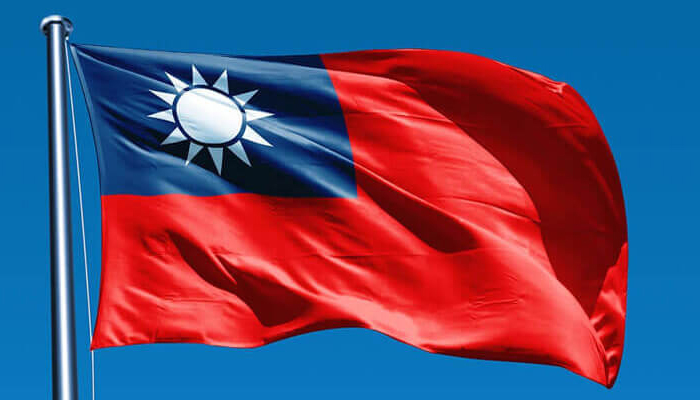TRENDING TAGS :
Taiwan Elections: A Crucial Crossroads in Global Geopolitics
As Taiwan prepares for elections on January 13, the world watches closely.
Taiwan Elections: A Crucial Crossroads in Global Geopolitics
As Taiwan gears up for its upcoming elections on January 13, the eyes of the world are fixated on this small island with outsized geopolitical significance. The outcome of the polls, where a new president and parliament will be chosen, has implications beyond Taiwan's borders, particularly in shaping the delicate dance between the United States and China.
The current vice president, William Lai Ching-te, representing the ruling Democratic Progressive Party (DPP), is poised as the likely winner. However, this projection isn't without its tensions, especially in the context of Beijing's claims over Taiwan. China considers Lai a "separatist" advocating for independence, setting the stage for continued strained relations across the Taiwan Strait.
The United States, a key supporter of Taiwan, is closely monitoring the situation. The nuanced dynamics between Washington and Beijing are inextricably linked to the election results. Rorry Daniels, Managing Director of the Asia Society Policy Institute, notes that the U.S. is prepared for various election outcomes, strategizing to send the "appropriate political signals" to deter potential Chinese military responses.
Since the election of the DPP's Tsai Ing-wen in 2016, Beijing has intensified pressure on Taiwan, cutting off official dialogue, conducting military activities, and influencing diplomatic alliances. The U.S., while maintaining official ties with China, remains a vital ally for Taiwan, committed by law to provide the island with the means to defend itself. This commitment was underscored in August when the U.S. approved the sale of millions of dollars worth of military equipment to Taiwan.
The likely candidates for the presidency include William Lai from the DPP and Hou Yu-ih from the opposition Kuomintang (KMT). While the KMT is viewed as more amicable towards Beijing, none of the candidates support unification, a fundamental aspect of Beijing's policy. All candidates express varying degrees of interest in continuing cooperation with the U.S. and limiting China's influence.
Tsai Ing-wen, who advocates for the people of Taiwan to determine their future, has strengthened ties with Washington during her tenure. Despite China's displeasure, Tsai has welcomed prominent U.S. figures, including former Speaker Nancy Pelosi, emphasizing Taiwan's importance on the global stage.
Kharis Templeman from Stanford University’s Hoover Institution notes that Tsai is arguably the best president for U.S.-Taiwan relations. A potential victory for the DPP's William Lai may further distance Taiwan from Beijing, eliciting strong reactions from China, as seen during Pelosi's visit in 2022.
As Taiwan navigates these critical elections, the global community remains on edge, recognizing the potential ramifications for regional stability and the delicate balance in U.S.-China relations.



